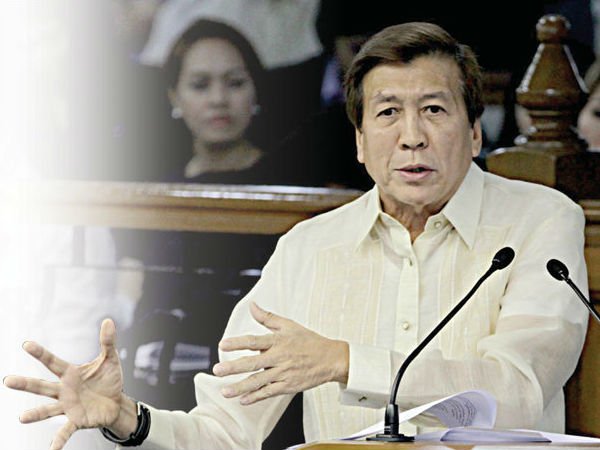House leader: VAT exemption for cooperatives to stay
MANILA — House Majority Leader Rodolfo Fariñas has said the value-added tax exemption on cooperatives will be retained, a major amendment in the proposed House Bill 5636 or the Tax Reform
Acceleration and Inclusion (TRAIN), the tax reform package of the Duterte administration.
Fariñas told reporters last Tuesday evening that Speaker Pantaleon Alvarez III “has granted the request of cooperatives” not to remove the value-added tax exemption granted by the current National Internal Revenue Code to cooperatives.
The VAT exemption would stay, Fariñas said, “with some amendments acceptable by all concerned.” The amendments mentioned by the House leader had not been released at the time he had the interview with reporters.
The proposed removal of the VAT exemption on cooperatives is one of the more contentious issues in the Duterte administration’s tax reform package.
Members of various cooperatives have attended the House plenary for the past two days to urge lawmakers to retain the VAT exemption in the proposed tax reform package.
The 47-strong partylist coalition has called for the retention of the value-added tax (VAT) exemption of cooperatives. Some 150 congressmen have also expressed their support for the retention of the VAT exemption for cooperatives, opposition lawmaker, Ifugao Rep. Teddy Baguilat said.
The House began to tackle the bill on the floor on Tuesday.
Coop-Natcco Partylist Rep. Anthony Bravo immediately interpellated the bill’s sponsor, Quirino Rep. Dakila Cua, on the proposed repeal of the 12 percent value-added tax exemption on cooperatives. Cua chairs the House committee on ways and means.
Bravo said that removing the VAT exemption privilege would result in “stifling the development of cooperatives and denying them the benefits” under the National Internal Revenue Code.
Bravo added that the removal of the VAT exemption would be tantamount to a violation of the Constitution, which has provided for the development of social enterprises.
But Cua replied that the “intention” of TRAIN “is also to raise revenue intended to subsidize many programs including those of cooperatives.”
“We want them to grow and be an integral part of the local economy and therefore there is more than one way to do such. It is not only by tax incentives but more effectively subsidies and programs to empower cooperatives,” Cua said.
The House of Representatives began tackling in plenary session the controversial tax reform package of the Duterte administration, amid criticisms of several congressmen that the bill was full of promises but short on specifics that would ensure the smooth implementation of the law. SFM

